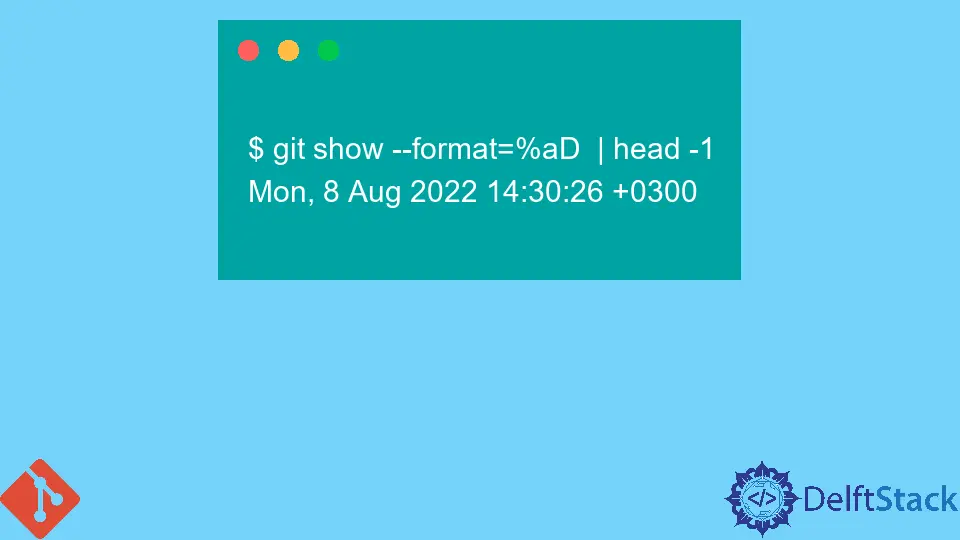How to Tag an Older Commit in Git
- Tagging an Older Commit Using the Commit Hash
- Tagging an Older Commit by Checking Out the Commit
- Tagging an Older Commit Using Git GUI Tools
- Using Git Hooks for Automated Tagging
- Conclusion
- FAQ

When working with Git, you often find yourself in situations where you need to reference a specific point in your project’s history. Tagging commits is a powerful way to achieve this, especially when you want to mark a release or a significant milestone. But what if you need to tag an older commit?
In this article, we’ll explore various methods to tag older commits in Git. Whether you’re a beginner or an experienced developer, understanding how to effectively tag your commits is essential for maintaining a clear project history. Let’s dive in and discover how to tag those older commits with ease!
Tagging an Older Commit Using the Commit Hash
One of the simplest ways to tag an older commit is by using its commit hash. Every commit in Git has a unique identifier known as the SHA-1 hash. To tag a specific commit, you need to know its hash. Here’s how you can do it:
git tag -a v1.0 <commit-hash> -m "Release version 1.0"
Replace <commit-hash> with the actual hash of the commit you want to tag. The -a flag stands for “annotated,” which means you can add a message to the tag. The -m option allows you to include that message directly in the command.
After executing this command, you’ll have tagged the commit with the version number “v1.0”. This is particularly useful when you want to mark specific releases or important changes in your project.
Output:
Tag 'v1.0' created successfully.
By tagging with the commit hash, you ensure that even if the branch diverges in the future, you can always reference that specific state of your project. This method is straightforward and effective, making it a popular choice among developers.
Tagging an Older Commit by Checking Out the Commit
If you prefer a more hands-on approach, you can check out the older commit and then tag it. This method is particularly useful if you want to make sure you’re looking at the correct state of your project before tagging. Here’s how to do it:
git checkout <commit-hash>
git tag -a v1.0 -m "Release version 1.0"
First, you check out the commit using its hash, and then you create the tag just like before. After tagging, you can return to your main branch by running:
git checkout main
Output:
Tag 'v1.0' created successfully.
Checking out the older commit gives you the opportunity to review the code and ensure that it’s the correct version you want to tag. This method is beneficial when you want to double-check the context of the commit before making it an official tag.
Tagging an Older Commit Using Git GUI Tools
If you’re not comfortable using the command line, many Git GUI tools make tagging commits straightforward. Tools like GitKraken, SourceTree, and GitHub Desktop provide user-friendly interfaces for managing your Git repositories. Here’s how you can tag an older commit using a GUI tool like GitKraken:
- Open your repository in GitKraken.
- Navigate to the “Graph” view to see your commit history.
- Locate the commit you want to tag.
- Right-click on the commit and select “Tag Commit.”
- Enter the tag name and message, then save.
Output:
Tag 'v1.0' created successfully.
Using a GUI can simplify the tagging process, especially for those who prefer visual interactions over command-line operations. It allows you to quickly navigate through your commit history and make decisions based on what you see.
Using Git Hooks for Automated Tagging
For advanced users, employing Git hooks can automate the tagging process based on specific criteria. For example, you could set up a pre-commit hook that tags a commit if it meets certain conditions. Here’s a basic example of a post-commit hook that tags the last commit automatically:
- Navigate to your Git hooks directory:
cd .git/hooks
-
Create a new file named
post-commitand open it in your text editor. -
Add the following code:
#!/bin/bash
git tag -a "auto-tag-$(date +%Y%m%d)" -m "Auto-tagged on $(date)"
- Make the script executable:
chmod +x post-commit
Output:
Tag 'auto-tag-20231001' created successfully.
This script will create an auto-generated tag every time you commit. While this method requires some initial setup, it can save you time in the long run, especially in projects with frequent commits.
Conclusion
Tagging older commits in Git is an essential skill for developers who want to maintain a clear project history. Whether you choose to tag using the commit hash, check out the commit directly, utilize GUI tools, or automate the process with hooks, each method has its own advantages. By mastering these techniques, you can ensure that your project remains organized and that significant milestones are easily accessible. Remember, a well-tagged project is a well-maintained project!
FAQ
-
How do I find the commit hash for tagging?
You can find the commit hash by using the commandgit log, which displays the commit history along with their hashes. -
Can I delete a tag in Git?
Yes, you can delete a tag using the commandgit tag -d <tag-name>. -
Are tags in Git mutable?
No, tags are immutable. Once created, they should not be changed. If you need to update a tag, you should delete it and create a new one. -
What is the difference between lightweight and annotated tags?
Lightweight tags are simply pointers to a commit, while annotated tags are stored as full objects in the Git database and include metadata such as the tagger’s name, email, and date. -
Can I push tags to a remote repository?
Yes, you can push tags usinggit push origin <tag-name>orgit push --tagsto push all tags at once.
John is a Git and PowerShell geek. He uses his expertise in the version control system to help businesses manage their source code. According to him, Shell scripting is the number one choice for automating the management of systems.
LinkedIn